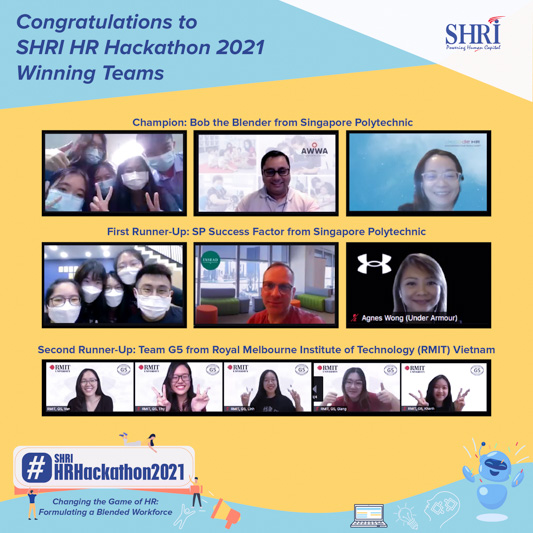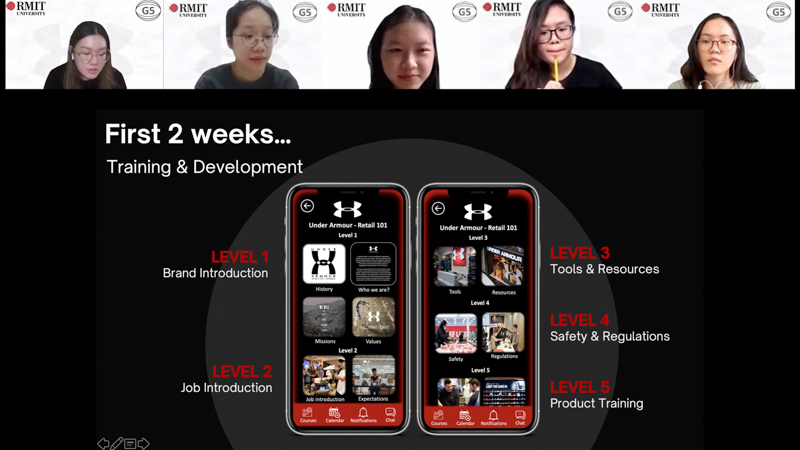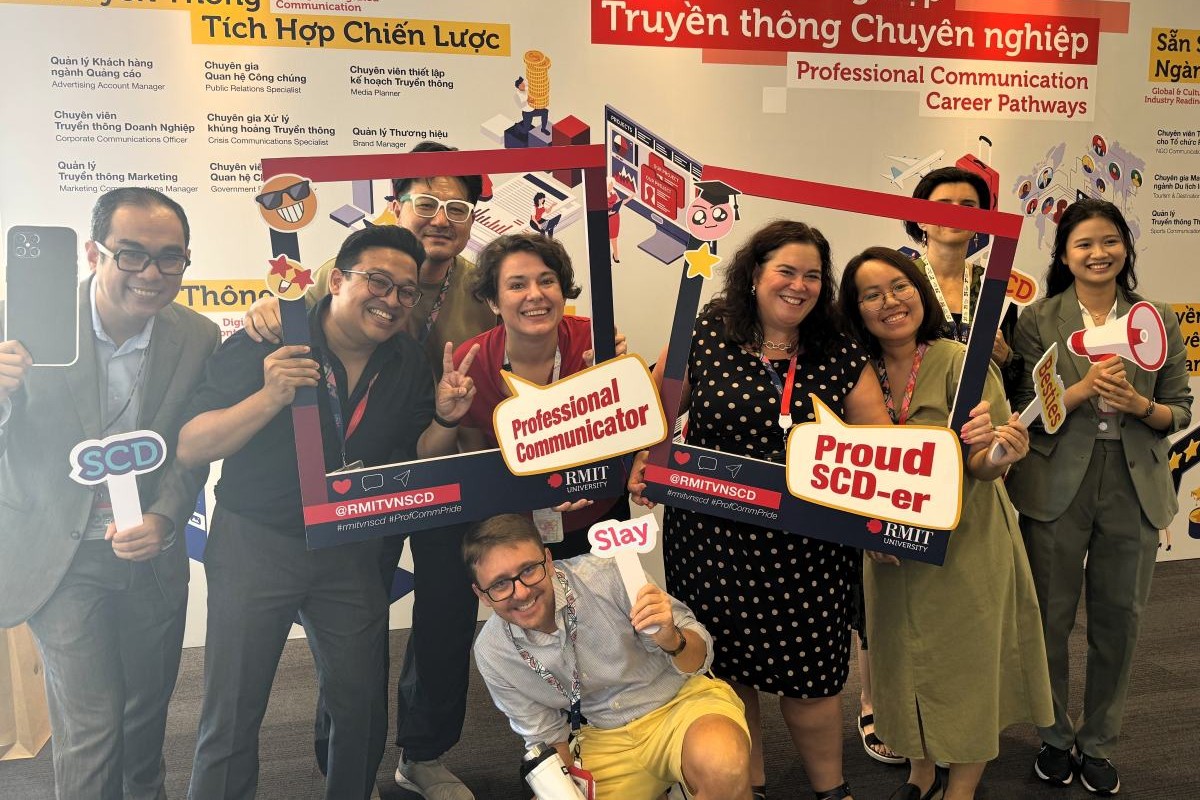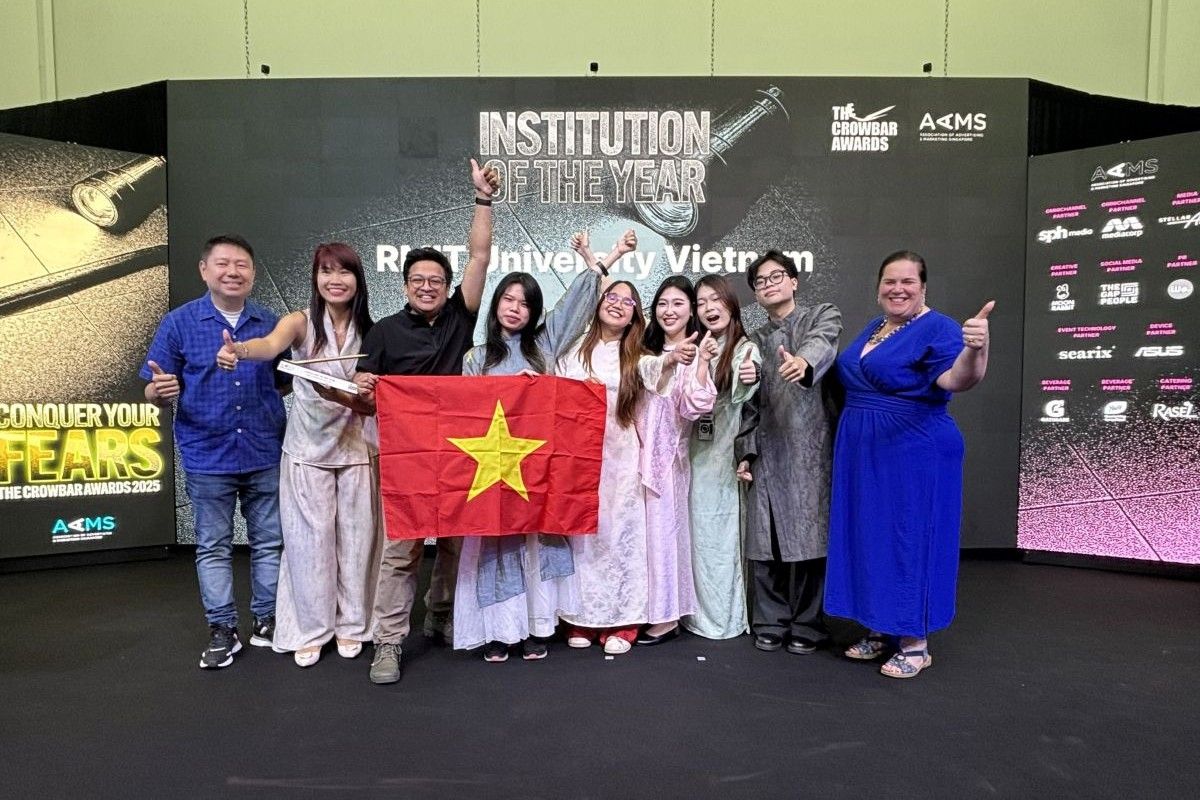Narrowing down from hundreds of ideas from each of the team members, and their mentors, the G5 decided to optimise employees’ experience from day one to their last day with a mobile friendly app, UAReady [as you are ready] after considering different aspects of human resources, including the increase of issues surrounding mental well-being during the hybrid workforce adjustment and workplace transformation.
“We generated an app that comprises the learning management system with a gamification display to engage and motivate the young workforce generation,” Giang said.
“The app offers a comprehensive range of daily challenges to help the employees maintain a decent physical health and mental health. This includes the Badge Reward System [is used in exchange for Under Armour coupons] when employees complete assigned tasks which helps enhance their engagement and commitment level.
“The Offboarding process is designed automatically through a chatbot in order to reduce human interaction and time wastage.”
Team member Ngo Doan Minh Khanh analysed the investment apprehension and emphasised that the benefits of their app can outweigh every possible drawback.
“The returns are high since it reduces the onboarding time by one third which minimises staff involvement, increases the satisfaction during offboarding. And it could be implemented for long-term, maybe even permanent use for not just onboarding and offboarding purposes,” she said.
Despite the challenge of having never met or worked with each other in real life before the competition, the team managed to form connections and built trust towards each other, and were able to comfortably exchange their ideas and even undergo constructive arguments in all of their two-hour-long calls.
Having no background of technology or app development, Khanh said that the competition provided them a chance to venture out of their comfort zone to learn about human resource management’s reach beyond the human aspects, analytics, and sustainability aspects.
“Thanks to the support of Senior HR Business Partner Manager at Under Armour South APAC Tan Zhi Jia, we had an opportunity to know more about the current stages and strategies as well as necessary tasks to facilitate these two processes at Under Armour,” Khanh said.
“This provides us with real-life knowledge that we could not learn from classes.
“And as we engage in cross-cultural communication and work, we have a chance to improve our interpersonal skills in which we believe are very important for future success.”
The team praised the HR program for preparing them well for the competition.
“Many of the materials and assignments for the HR program are being updated to include technology aspects, such as virtual work and engagement, management software, and HR analytics,” team member Nguyen Hoang Du Van shared.
“This matches with digitalisation trends in the market, as well as the current challenges that businesses are facing not just in Singapore, but worldwide.
“In addition to course materials, RMIT also hosts many seminars, workshops, and guest lectures on the topic of digital HRM that supported our research,” Van said and used recent workshop about digital training and development shared by Shopee that the program organised in semester 2 2021.
Nguyen Hoang Du Van, Ngo Doan Minh Khanh and Tran Bich Thy are the founding members of RMIT’s new Human Development Club that focuses on HR disciplines.
“Despite our short time managing the club, we got the chance to learn abundant new perspectives and ideas of HR from our members, and the events that we have organised,” Van said.
“Altogether, our success at the SHRI Hackathon 2021 is a combination of program materials, university-hosted events, and club participation.”
Story: Ha Hoang






